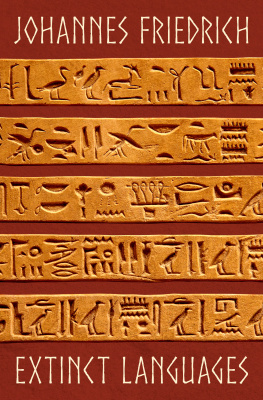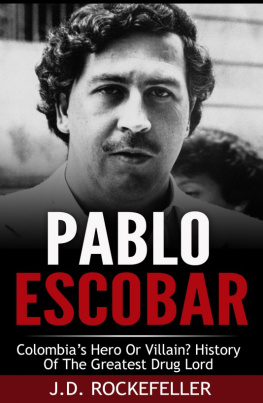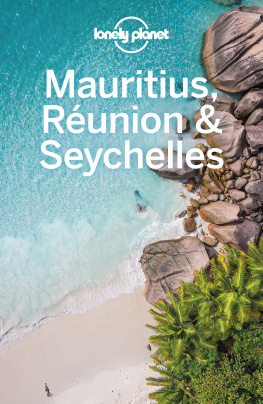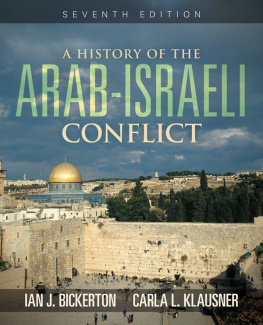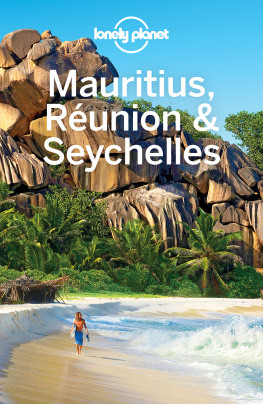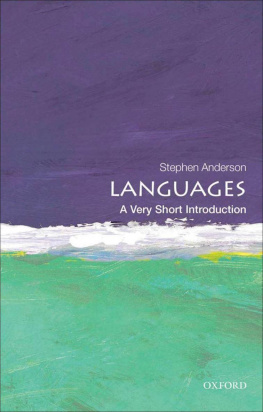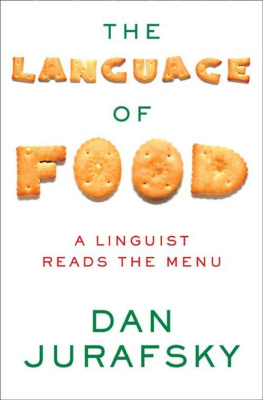ALSO BY DEREK BICKERTON
Adams Tongue: How Humans Made Language,
How Language, Made Humans
Lingua Ex Machina: Reconciling Darwin and Chomsky
with the Human Brain (with William H. Cavin)
Language and Human Behavior
Language and Species
Roots of Language
BASTARD TONGUES
Bastard Tongues
A Trailblazing Linguist Finds Clues to Our Common
Humanity in the Worlds Lowliest Languages

DEREK BICKERTON

Hill and Wang
A division of Farrar, Straus and Giroux
18 West 18th Street, New York 10011
Copyright 2008 by Derek Bickerton
All rights reserved
Distributed in Canada by Douglas & McIntyre Ltd.
Printed in the United States of America
Published in 2008 by Hill and Wang
First paperback edition, 2009
The Library of Congress has cataloged the hardcover edition as follows:
Bickerton, Derek.
Bastard tongues : a trailblazing linguist finds clues to our common
humanity in the worlds lowliest languages / Derek Bickerton. 1st ed.
p. cm.
ISBN-13: 978-0-8090-2817-7 (hardcover : alk. paper)
ISBN-10: 0-8090-2817-4 (hardcover : alk. paper)
1. Creole dialects. 2. Bickerton, DerekTravel. I. Title.
PM7831.B53 2008
417.22dc22
2007023297
Paperback ISBN-13: 978-0-8090-2816-0
Paperback ISBN-10: 0-8090-2816-6
Designed by Jonathan D. Lippincott
www.fsgbooks.com
1 3 5 7 9 10 8 6 4 2
For Yvonne, who shared it all with me
To hold in ages calm
All the sweets of youths longings
CONTENTS
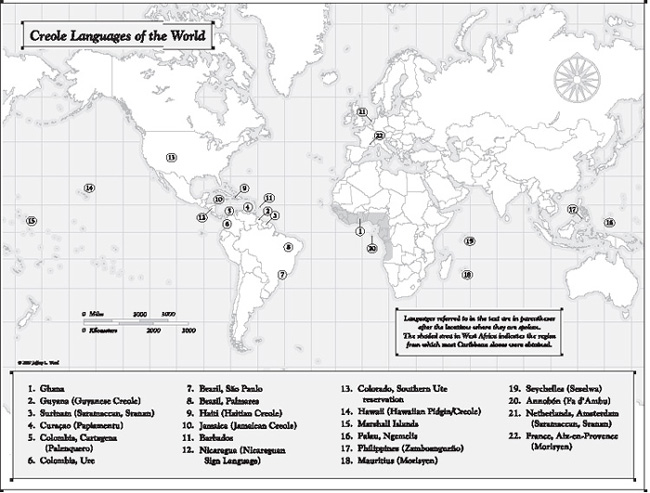
BASTARD TONGUES
1
BECOMING A LINGUIST

I waded out of thigh-deep, pellucid water onto a beach of pure yellow sand. Behind, the twin outboards of the motorboat that had brought me churned trails of white foam that dwindled rapidly into the distance. Soon their sound shrank to a murmur, then ceased; the boat vanished in a dazzle of sunlight on the lagoon. I was alone on the island of Ngemelis, in the archipelago of Palau, in the western half of the Pacific Ocean.
I had landed near the northwestern tip of the island. Back of the beach lay a grove of coconut palms, extending southeastward to a low ridge of jagged limestone covered with impenetrable spiny scrub. Hull down on the horizon lay the larger island of Peleliu, scene of ferocious fighting in World War II, home to deadly sea crocodiles, one of which had recently caught a fisherman and stashed his corpse on an underwater ledge, to dine on later. North and east, the central lagoon of Palau spread its vast expanse of tranquil blues and greens, dotted with tiny islands like giant toadstools.
I was marooned on a genuine desert island.
Why on earth would a professor of linguistics have himself marooned on a desert island? Well, thats a long story.
It began eleven years earlier, in West Africa. I was teaching English literature at what was then called the University College of Science Education, located in Cape Coast, Ghana. Science education, what exactly did that mean? Teaching science? Or teaching how science should be taught? Or just teaching everything in a scientific way? Nobody knew, but it sure sounded impressive. Once, in a bar at three in the morning, I stumbled on one of our janitors, paralytic drunk, sitting by himself and repeating, over and over, in tones of rapt adoration: U-ni-ver-sity Coll-ege of Sci-ence Ed-ucation! U-ni-ver-sity Coll-ege of Sci-ence Ed-u-cation!
I wasnt there out of love of Africa or because I particularly wanted to be a literature teacher. There wasnt anything I wanted except to travel and have new experiences. I just did the next thing, whatever that was, and when it got boring I moved on to something else. Yet always at the back of my mind was this feeling that one day Id meet someone in a bar whod tell me my true purpose in life.
And believe it or not, this finally happened.
It was just another steamy, sweaty morning on the coast once called the White Mans Graveyard. Thirsty from teaching, I dropped into the Staff Bar for a cold one (faculty are called staff in Britain and its ex-colonies). Somebody called me over to a table and introduced me to an unfamiliar face: John Spencer, Professor of Linguistics, University of Leeds, England, just passing through. I sat down and we talked and drank good Ghanaian beer. To all appearances, a morning like any other.
For some reason I started talking about what it was like teaching English literature to West Africans. The week before wed been doing George EliotI think it was The Mill on the Flossand we came to the bit where the outraged father drives his daughter and her illegitimate baby out into the snow. Teaching about snow in the tropics is bad enough; likewise explaining how any father who was not an unnatural monster could banish his own child and grandchild just because someone hadnt spoken some words in some church. But then it turned out the whole class thought she was carrying the baby on her back. Naturally, since thats how Ghanaian mothers do it. No, I said, in her armslike this. And I demonstrated. And one of the students said, What a stupid way to carry a baby.
How could you ever get over cultural barriers like these? And lurking behind my frustration was a still deeper unease. How could you ever make any objective judgments about literature? If I say Joyce is the greatest twentieth-century English novelist, and you say, no, its Lawrence, how can we ever decide whos right?
You should study linguistics, John said.
I asked him what that was. I honestly didnt know.
John explained that it was the scientific study of language. And how would that help solve my problems? Well, if you scientifically studied the language writers used, you could get objective measures to compare them with. At least that was what John claimed, and I believed him.
And how could I study it, given that I had my living to earn?
There was a one-year course, John said, at his university. It was primarily designed to train teachers of English as a foreign language, but it mostly consisted of linguistics, and a generous British government would pay me the princely sum of 17 a week (at the 1966 rate of exchange, equivalent to about $45) while I was taking it.
And under normal circumstances that would have been that. Many times in your life you meet someone who suggests something to you and you say, Hey, yeah, that would be interesting, and promptly forget about it. So why didnt I then? We were happy in Ghana. I was paid well for very little work. We had good friends, we loved the life there: the ratty bars where we all danced the highlife, Biriwa Beach on weekends, servants to do the house and yard, knowing that for as long as we stayed there wed never feel cold, it would always be summer.
The ironic thing was that until then Id been a card-carrying grammatophobe. In common with a great many other people, I loathed grammar and anything connected with it. At Cambridge Id actually switched my major from English to history when I found out that for my finals Id be expected to take courses in Anglo-Saxon and Italian. All I could remember about grammar from school was diagramming sentences. Why do that, whats it for? Just shut up and diagram, dummy! And here I was, with a wife and three young children to support, gambling my career, such as it was, and my whole way of life on something Id always hated, on a casual word from a stranger.
Next page

